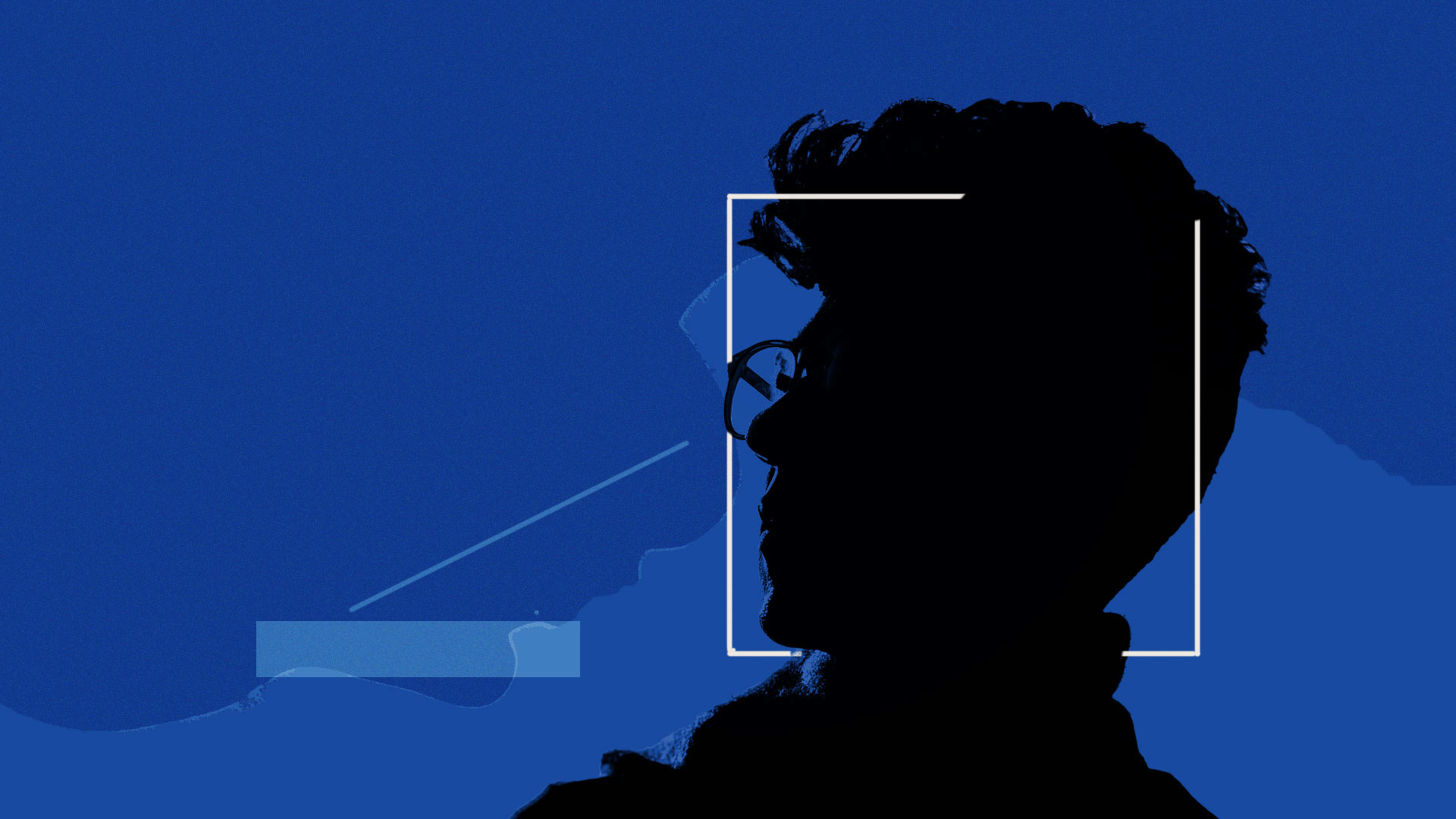Facebook is shutting down its long-controversial facial recognition system, which, among other things, enables automatic notifications to people pictured in photos uploaded to the social network, the company announced Tuesday.
“This change will represent one of the largest shifts in facial recognition usage in the technology’s history,” wrote Jérôme Pesenti, the company’s VP of artificial intelligence, in a statement. “More than a third of Facebook’s daily active users have opted in to our Face Recognition setting and are able to be recognized, and its removal will result in the deletion of more than a billion people’s individual facial recognition templates.”
Facebook said it’s not necessarily opposed to deploying other uses of facial recognition in the future, such as for accessing locked accounts or devices, especially when used on people’s own devices without having to send facial data to a central server.
The move comes after the company defended the feature for roughly a decade, including settling for $650 million a class action suit brought under an Illinois biometric protection law, as the New York Times reports. The facial recognition features and related privacy settings also factored into the $5 billion fine Facebook received in 2019 from the Federal Trade Commission (FTC).
Facebook recently rebranded its parent company as Meta amid a push to build an interactive metaverse. The company is also facing a wave of bad press following leaks and statements from multiple employees-turned-whistleblowers and reports that it’s struggled to reach younger generations.
Facial recognition technology has, in general, come under increased scrutiny from regulators and civil liberties advocates, particularly amid concern about police using it to track people’s movements and widespread reports that it’s often more inaccurate in recognizing faces of people of color compared to those of white people.
“And even as algorithms improve, facial recognition will only be more dangerous,” warned Caitlin Seeley George, a campaign director at Fight for the Future, in a statement after Facebook’s announcement. “This technology will enable authoritarian governments to target and crack down on religious minorities and political dissent; it will automate the funneling of people into prisons without making us safer; it will create new tools for stalking, abuse, and identity theft. There is only logical action for lawmakers and companies: It should be banned.”
Recognize your brand’s excellence by applying to this year’s Brands That Matter Awards before the early-rate deadline, May 3.
